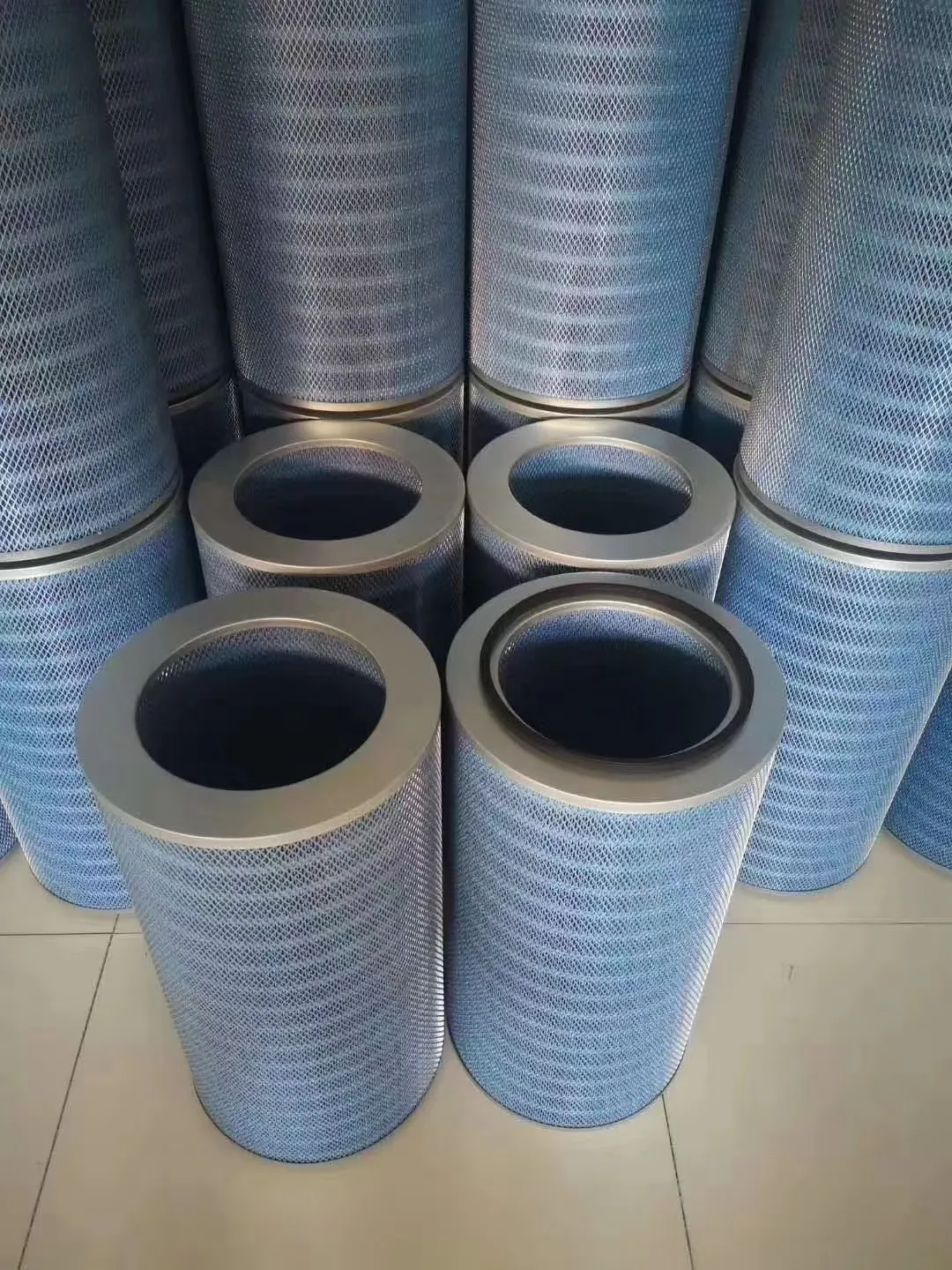 Tel:
+8615930870079
Tel:
+8615930870079
جولائی . 30, 2024 11:57 Back to list
High-Efficiency Particulate Air Filters for Enhanced Air Quality in Various Applications
Understanding HEPA Cartridge Filters Importance and Applications
In today's world, air quality has become a critical concern, particularly in urban environments where pollution is rampant. To combat the effects of airborne particles and contaminants, HEPA (High-Efficiency Particulate Air) filters have gained immense popularity. One specific application of HEPA technology is in cartridge filters, which are widely used in various industrial, commercial, and residential settings.
What is a HEPA Cartridge Filter?
A HEPA cartridge filter is a type of air filter designed to trap a high percentage of microscopic particulates. According to the U.S. Department of Energy, a true HEPA filter must be able to capture at least 99.97% of particles that are 0.3 microns in diameter. This includes dust, pollen, pet dander, mold spores, and even some bacteria and viruses. The filter material is typically made from a mat of randomly arranged fibers, which enables it to create a dense mesh that effectively captures airborne contaminants.
Why Choose HEPA Cartridge Filters?
One of the primary advantages of HEPA cartridge filters is their efficiency. Due to their high filtration capabilities, these filters are essential for maintaining a clean and safe environment. In industrial applications, they help protect workers by minimizing exposure to harmful particulates. In residential settings, they improve indoor air quality, which is particularly beneficial for individuals suffering from allergies or respiratory conditions such as asthma.
Furthermore, HEPA cartridge filters are often designed to provide a longer lifespan than traditional filters. This durability not only reduces the frequency of replacement but also ensures consistent performance over time. Many HEPA filters are washable and reusable, making them a more sustainable choice for many consumers.
Applications of HEPA Cartridge Filters
hepa cartridge filter

HEPA cartridge filters can be found in various applications across different industries
1. HVAC Systems Incorporating HEPA filters in heating, ventilation, and air conditioning (HVAC) systems enhances air quality in both residential and commercial buildings. This is especially important in hospitals and medical facilities where sterile environments are crucial.
2. Industrial Environments In manufacturing and production facilities, HEPA filters are used in dust collection systems to prevent the accumulation of hazardous particles. Industries such as pharmaceuticals, electronics, and food production often rely on HEPA filtration to meet regulatory standards.
3. Air Purifiers Many residential and commercial air purifiers utilize HEPA cartridge filters for effective air cleaning. They are essential in homes with pets, smokers, or individuals with allergies, as they significantly reduce airborne allergens and pollutants.
4. Vacuum Cleaners Many modern vacuum cleaners are equipped with HEPA filters to trap fine dust particles and allergens as the vacuum operates. This feature is particularly appealing to allergy sufferers who need to maintain a clean living environment.
Conclusion
In conclusion, HEPA cartridge filters play a vital role in enhancing air quality across various applications. Their effectiveness in capturing fine particles and pollutants makes them indispensable in settings requiring stringent air quality standards. As awareness of the importance of clean air continues to grow, the adoption of HEPA technology is likely to increase. By investing in HEPA cartridge filters, individuals and organizations can contribute to healthier indoor environments and safeguard their well-being against airborne contaminants.
-
Types and Applications of Air Filtration CartridgesNewsJul.28,2025
-
The Role of Gas Turbine FiltersNewsJul.28,2025
-
Mastering Air Filter Cartridge UseNewsJul.28,2025
-
Advanced Turbine Filters for Modern Gas TurbinesNewsJul.28,2025
-
Cellulose Air Filter Cartridge Advantages in Dust FiltrationNewsJul.28,2025
-
Cellulose Filters for Air Particle ReductionNewsJul.28,2025

 Email:
Email:





